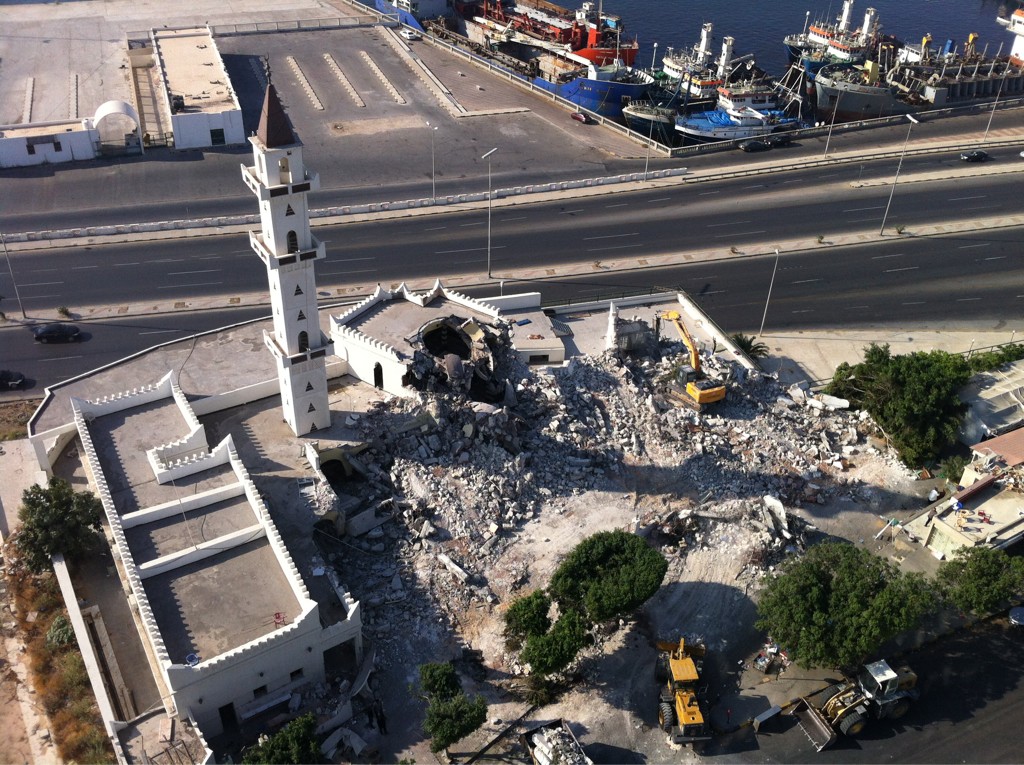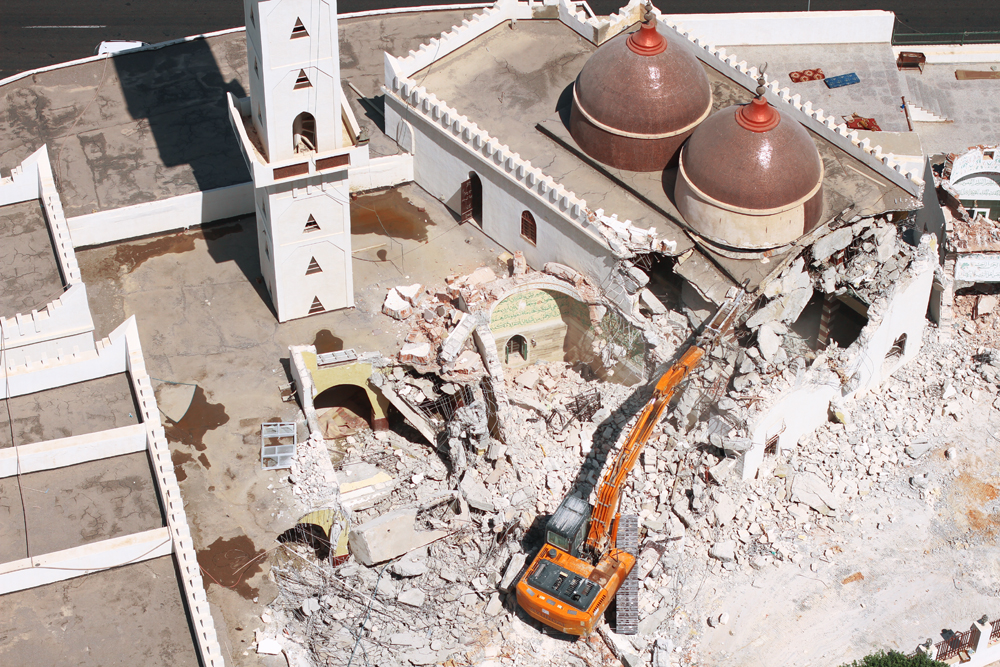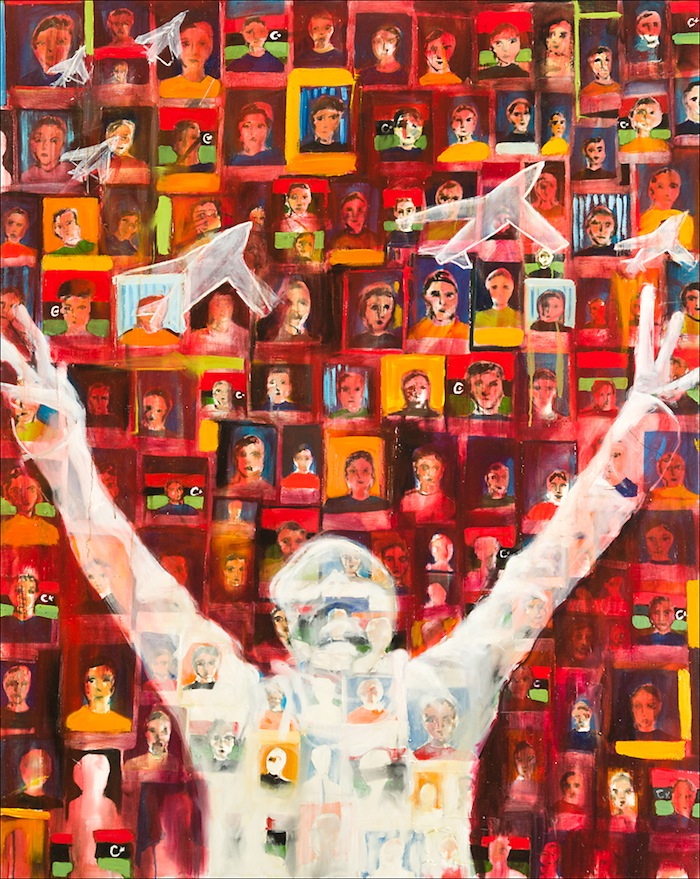
Tripoli, 1 September:
The campaigning NGO Human Rights Watch has added its voice to calls on the government to prevent further attacks on Sufi shrines in Libya and to hold those responsible to account.
“The government has failed both to protect sites sacred to Libyan Muslims who follow Sufi practices and to arrest those who have destroyed the tombs,” said Eric Goldstein deputy Middle East and North Africa director at Human Rights Watch.
“Inaction and impunity can only encourage further attacks.”
To date, nobody is believed to have been arrested in connection with the attacks, which have taken place in Tripoli, Zliten and Misrata in the last fortnight. HRW also voiced considerable concern over the possible complicity of members of the security services in the attacks, together with the interior minister.
On 28 August, Interior Minister Fawzi Abdelal said that forces under his authority would not intervene to protect Sufi sites if it meant using force against extreme Islamist groups, and that the matter should be solved amongst the religious groups themselves.
“If all shrines in Libya are destroyed so we can avoid the death of one person [in clashes with security forces], then that is a price we are ready to pay,” he was quoted as saying.
“A government should not, in the name of avoiding clashes, give a carte blanche to the forces of violent intolerance,” Goldstein said.
“Central authorities should be reining in – rather than empowering – the armed groups operating outside the law.”
It is not known whether Abdelal made this announcement because it is what he believed or because he had lost control of the Supreme Security Committee, who had either refused orders to prevent the desecrations or even had a role in authorising them in the first place.
The interior minister, who briefly tendered his resignation on Sunday before withdrawing it on Tuesday, has denied all allegations of complicity in authorising the attacks.
The desecrations have shocked many Libyans, who have vocally expressed their anger over the incidents both on the ground and on social networking sites including Facebook and Twitter.
The attacks have also been condemned by senior figures across Libya’s political, religious and civil society, including National Congress Speaker Mohammed Magarief; Grand Mufti Sheikh Sadiq Al-Ghariani; the League of Libyan Ulema; and Lawyers for Justice in Libya. [/restrict]









